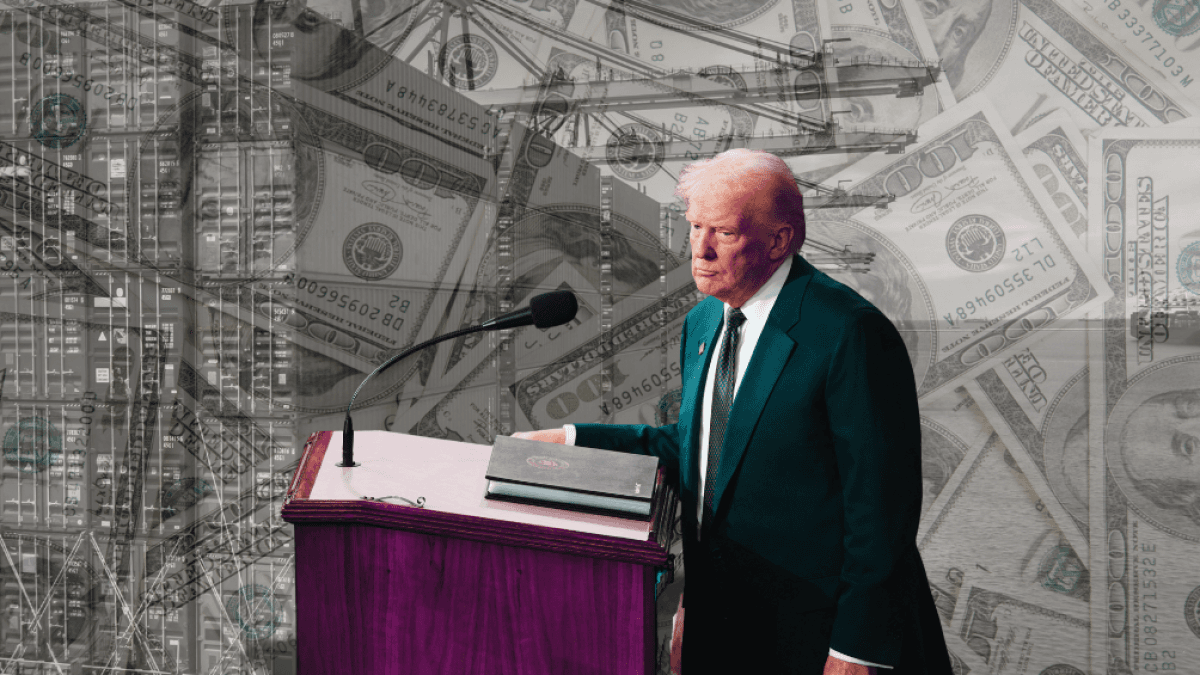The United States State Department officially suspended aid to Colombia this Friday, which had been anticipated since last Sunday by President Donald Trump in response to his confrontation with President Gustavo Petro.
This Wednesday, during an event at the White House, Trump stated that aid to the country was suspended after calling Petro a"drug trafficking leader" and a "thug."
But today the State Department officially executed that order, announcing that it"will not certify Colombia," as required by the Congressional law that approves aid for the country. Even so, the news may not be as serious as previously thought.
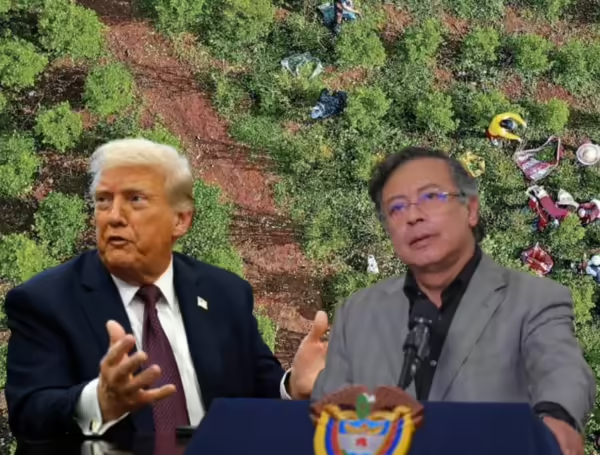
"Due to President Gustavo Petro's disastrous and ineffective counternarcotics policies, Secretary of State Marco Rubio will not certify Colombia under the criteria of the Department of State, Foreign Operations, and Related Programs Appropriations Act of 2024, as extended by the Appropriations Continuation Act for the full fiscal year 2025," the agency said in a statement.
"President Trump made clear in his September 15 ruling that Colombia is 'demonstrably failing' to fulfill its drug control responsibilities. Since then, Petro has redoubled his defense of these failed policies," he added.
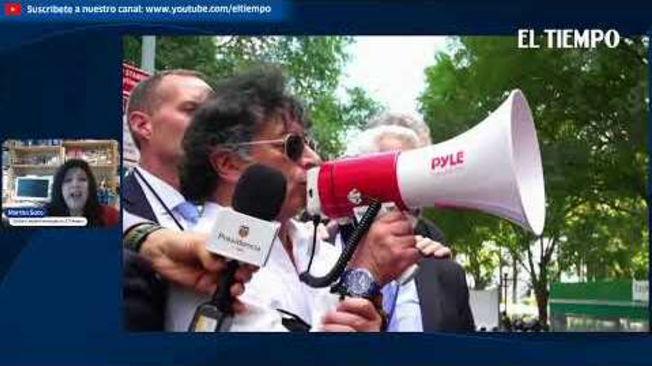
In the same text, the State Department adds that the US"will not turn a blind eye to Petro's complacency and encouragement of narco-terrorists. We are determined to bring terrorists and drug traffickers to justice and prevent deadly illegal drugs from entering our country. There should be no impunity for drug traffickers or for acts of terrorism or violence by armed criminal groups."
But the agency clarifies, however, that"they will continue to support the Colombian security forces, their justice sector and departmental and municipal officials, and collaborate with them on joint initiatives in the fight against drug trafficking."
The decision, they maintain,"is not a reflection of these institutions, but of the failures and incompetence of Gustavo Petro and his closest circle."
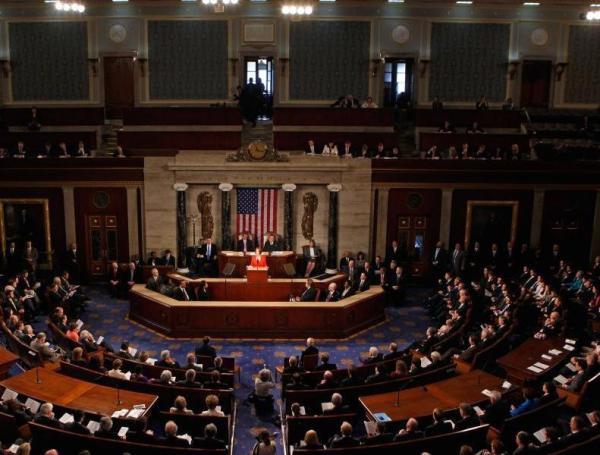
The law authorizing the funds delivered to Colombia contains a series of conditions that must be met before the country can receive a percentage of the allocated amounts.
In the case of the fight against drugs, certification from the State Department is required stating that the country is effectively combating narcotics production and trafficking, on which 20 percent of its resources depend.
That certification, according to the State Department, will no longer be granted because, in its judgment, the government is not fulfilling its obligations.
Although no funds have yet been approved for 2026, Congress had passed a continuing resolution to allow spending at the same levels as in 2025 while authorizing funds for this fiscal year.
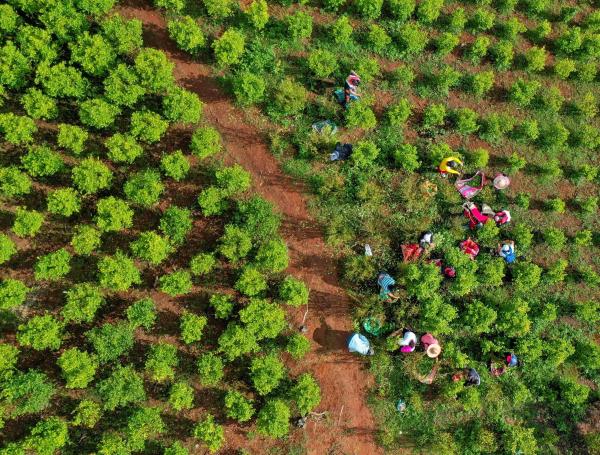
In the case of the fight against drugs - almost all resources for social assistance had already been stopped at the beginning of the year - the funds were close to US $135 million annually or US $12 million monthly if viewed month by month.
In other words, the aid frozen by the State Department would be about US$27 million annually, and not the entire amount of aid as was previously thought.
This would also explain why the US insists it will continue working with law enforcement and other institutions in the fight against drugs, despite what the Republican president has said.
In any case, this is a double blow for the Petro government, as only hours earlier the Treasury Department announced the inclusion of Petro, his wife, son, and Interior Minister Armando Benedetti on the so-called"Clinton list," which provides for severe financial sanctions for those designated.
Something the State Department emphasized in its announcement.

